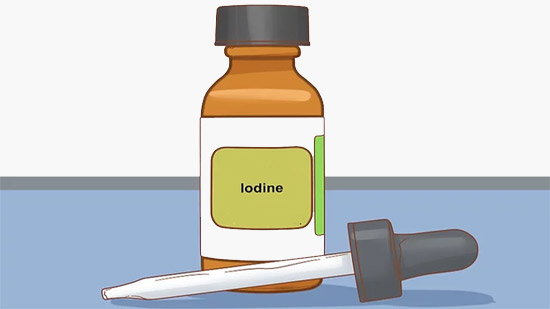
If someone is struggling with addiction, they can’t help themselves. Addiction can affect the way you think and respond to different situations. You are more likely to become reckless than behave rationally. If addiction does not get treated right away, it can become fatal. People who go through life while under the influence of substances may hurt themselves and others.
They also have zero accountability and a lack of understanding of what they’re doing. So, if you want to help someone, you need to be smart about the situation. No one likes to admit this problem. It is easy to slip into denial and shut people out. So, if you want to make a difference in someone’s life, here’s what you need to do:
1. Show Compassion
Don’t rush into a conversation without knowing what to say. You may end up saying regretful and hurtful statements to someone struggling. Addiction doesn’t happen on purpose. There is always a mindset brimming behind every addiction, and it would help if you exercised compassion. Talk to the person gently with no judgments. Give the person a chance to share his story. Most addicts are willing to open up when given the opportunity. When you understand why the issue started, gently interject what solutions you have. Remind them of life without body pains and hangovers. You can also tell them about treatment services they can avail of at rehab centers. When you promise them a picture of health and recovery, you may help them make a change.
2. Be Patient
No one turns cold turkey overnight. People need time to accept their situation. You should exercise patience as much as possible. Patience makes sure that the person doesn’t pull away from you. While you’re showing patience, you also need to motivate them. Remind them how far they’ve come and how they have the potential to change. Most addicts are used to rejection. So, with your patience and motivation, you will help them get better.
3. Attend Sessions with Them
If you want a person to attend sessions or a support group, go with them. If you accompany them, it will feel less like a punishment and more like encouragement. It’s not easy to sit in a group of people and bare your soul. You being there can make a difference. You can also share bits and pieces of your life with the group. You will notice that accompanying someone makes them more comfortable. They’re willing to talk and seek reassurance from you. As the session progresses and you see they’re befriending others in the group, you can let them attend alone. Think of them as a child taking their first steps. They need your support at first, but soon they find their balance and walk on their own.
4. Take Over Cooking for a While
Anyone struggling with addiction needs a better diet. You can’t leave them alone to deal with their dietary habits. So, first, get them into the habit of eating healthy. Initially, take over the cooking for a while. Cook food that is easy to eat and digest. When you feel they’re starting to enjoy home-cooked meals, ask them to help you. When you teach them recipes and give them something to do with their hands and mind, you’ll keep them occupied. So while someone is in the process of recovering, you’re also setting a new routine for them. They get something to do while they’re home outside of treatment.
5. Find Ways to Cope with Cravings
Substances bring craving. These cravings can be extreme and push a person to start abusing. You need to identify what possible cravings look like. Once you know what they are, find coping mechanisms. You can try sitting and watching a funny show with them. Take them out for a walk or make them watch relaxing videos. To subside cravings, you also need to help the person to stop thinking about them. So find as many distractions as you can and make sure you indulge them. During the first few months of treatment, try staying with the person more. It would help if you didn’t leave someone vulnerable alone at home.
6. Help Them Connect with a Counselor
There are many stereotypes around counselors. People don’t readily react to seeing a counselor. It would help if you got strategic about counseling. Most professionals understand the circumstances and will accommodate you. They’ll create a friendly and approachable environment instead of an office and client. You can even find counselors online. Ease the person into chatting with someone without giving away you mean a counselor. You can even make them meet different counselors who use various techniques to administer care. You’ll notice that the care you administer and the conversations they have in counseling will help them.
7. Have a Relapse Plan
Accept the idea that relapse can happen. Part of addiction treatment is accepting that it is not a linear track. There are ups and downs. Withdrawal is painful, and coming back to a life without substances is hard. Relapse doesn’t mean the person is failing. It just means you need to try again. If you have a good plan in place for a relapse, you can help the person again. However, never let the person feel isolated as they struggle to get their life together. When you remove shame from the equation, they will recover faster.
Wrap Up
It is not easy to live with addiction. Substances take over your mind and body. It is hard to see a life outside of addiction. If you want to help someone move out of addiction, you need to get smart. Get involved with their everyday lives and administer care. It would help if you started by talking to them about their addiction. When you have an idea why they feel the way they do, find ways to help. Talk to them about treatment services and counseling. You should also help them find hobbies and coping mechanisms. While the change is gradual, it is achievable but doesn’t have unrealistic expectations. You want someone to recover in a wholesome manner without feeling pressured.




